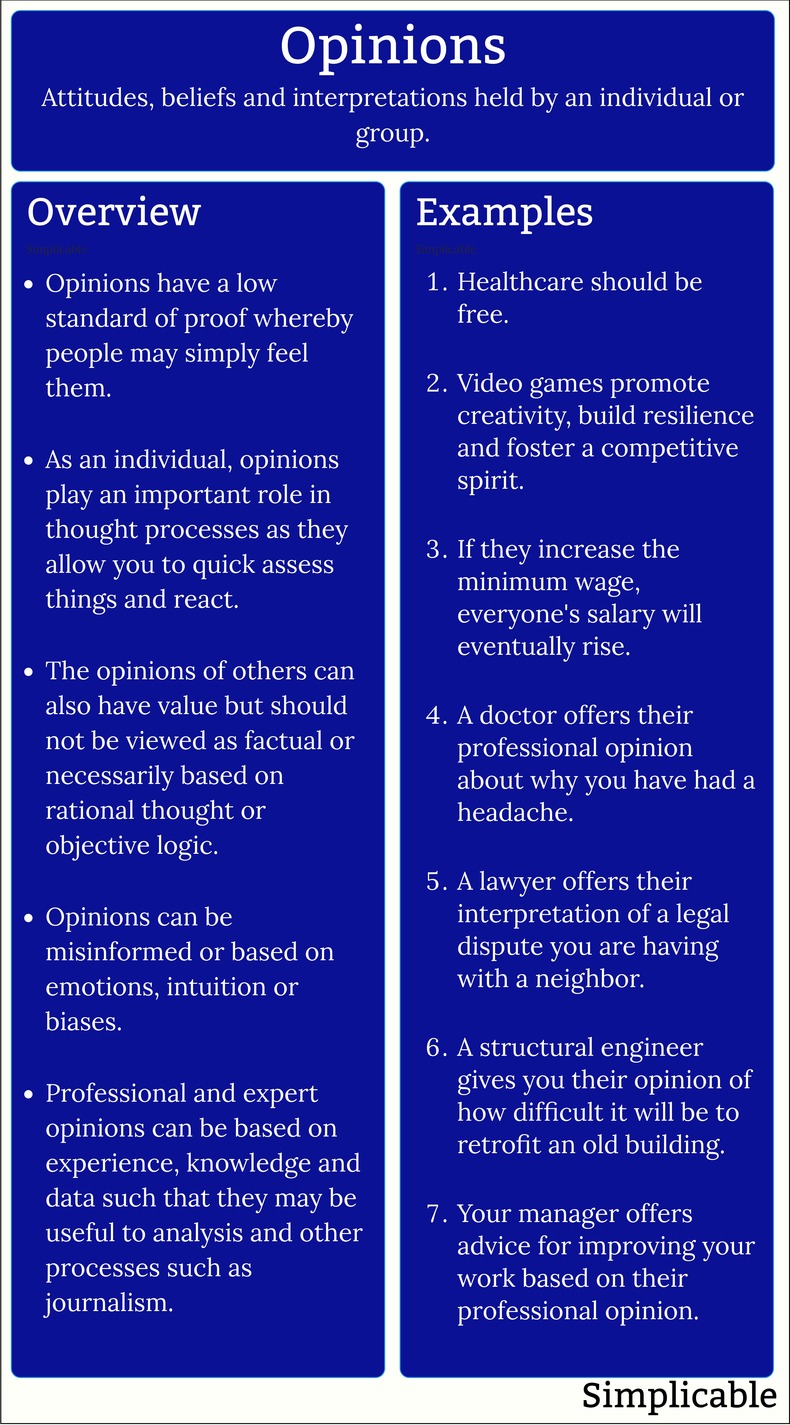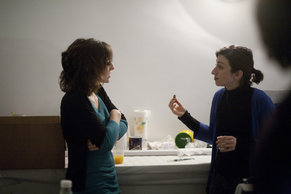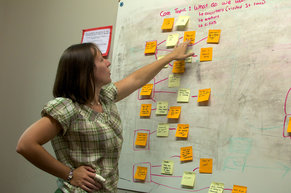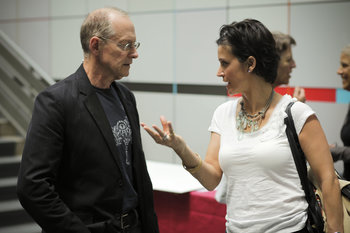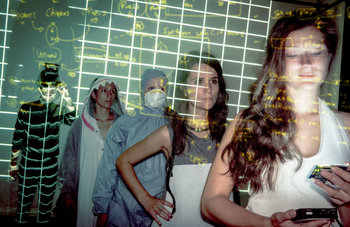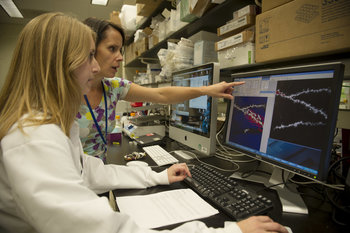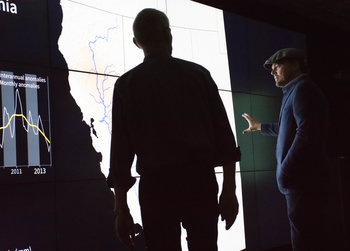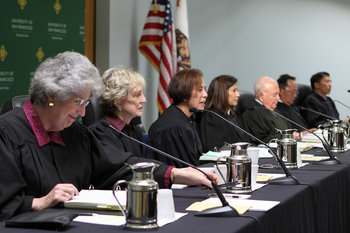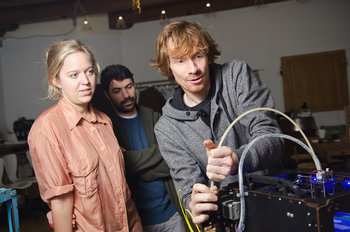That is too expensive. | They are knowledgeable. |
That politician is corrupt. | She is a snob. |
New York is nicest in Spring. | You probably just have a cold. |
We should automate quality control. | That team is inefficient. |
Modern values are more just than historical values. | Progress is important. |
Stability and tradition are important. | Change is almost always good. |
Change often produces unintended consequences. | That law is unfair. |
Asymmetric balance produces more elegant architecture than mere symmetry. | Less is more. |
Less is a bore. | This stock is undervalued considering their product pipeline. |
This document is low quality. | Walkability makes a neighborhood more livable. |
That food is healthy. | That tenant is responsible. |
He is the best teacher. | She is the most valuable player on the team. |
This product will sell. | Grey is your color. |
That buyer is interested in specifications and product details. | That CEO is hostile to investors. |
They are surely innocent. | They are probably guilty. |
Turtles are smarter than frogs. | It looks like it will rain soon. |
Professional Opinion
Opinions can be based on education, knowledge, experience, evidence and logic but take initiative by offering more extended interpretations than a purely objective analysis. For example, advice from a doctor that is essentially an opinion whereby a doctor may make an educated guess. This may be based on evidence such as test results but may involve some level of conjecture nonetheless. In this case, a diagnosis could theoretically differ if you get a second opinion from another doctor. Objectivity holds back this type of extended interpretation to state only what is known to be true. For example, a news story that only reports confirmed facts about an incident without any conjecture.Value of Professional Opinions
Professional opinions are a fundamental basis for productivity, creativity and professional competence. For example, a software engineer who designs a complex software system is essentially offering their expert opinion as to the best design. In other words, most work is done quickly and creatively without any standard of evidence that resembles fact. Attempts to make everything "fact based" are likely to stifle productivity, creativity and resilience as organizations would have to base all design on rigid and inflexible standards that may pail in comparison to the work of a skilled professional. Likewise, opinions can capture broad knowledge such as values, principles, heuristics and advisable practices that are far higher level than available facts.Professional Objectivity
Professions typically require objectivity for all areas that don't require your professional opinion. For example, a teacher may offer their professional opinion as to why a student is disengaged in class but be expected to teach materials in an objective way without dwelling on their own opinions and theories.Personal Opinion
A personal opinion is any opinion that isn't related to your professional role and capacity. It is extremely important to cultivate and express opinions and they have great value in generating important conversations, knowledge and actions. The problem with opinions is when they are incorrectly expressed as fact or unfairly forced on others. Likewise, allowing personal opinions to influence your work can be quite problematic as a lapse of professional objectivity.Opinions vs Biases
Biases are patterns of flawed thought. These can infect both opinions and objective analysis. However, due to the personal, informal and fluid nature of opinions they are perhaps more likely to be biased. For example, a backfire effect whereby an individual strengthens their commitment to opinion when faced with challenges or evidence that suggests the opinion is wrong.Summary
Opinions are views, interpretations and beliefs that aren't necessarily based on objective analysis or evidence. These are a common type of though process that are pragmatic as they offer a position on things at high speed. However, they should not be confused as factual or based on systematic analysis.